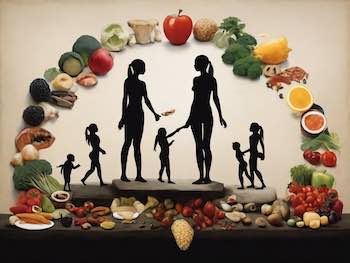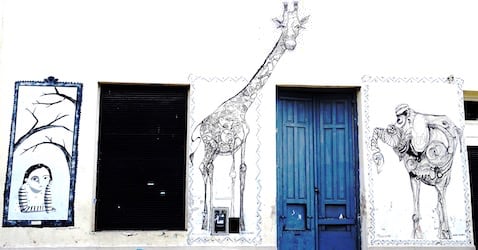Feeding (5): Epistemological conclusion
Do we have to choose between contradictory analyses? A recurring problem handicaps philosophical analysis: teleological and ontological views are contradictory. They describe competing cases. If it’s genetics, it can’t be psychology. If it’s culture, it can’t be biology. Etc. The contradiction arises from an epistemology that is too horizontal: the different views are deciphered, compared, … Read more









